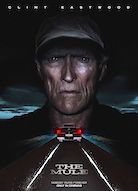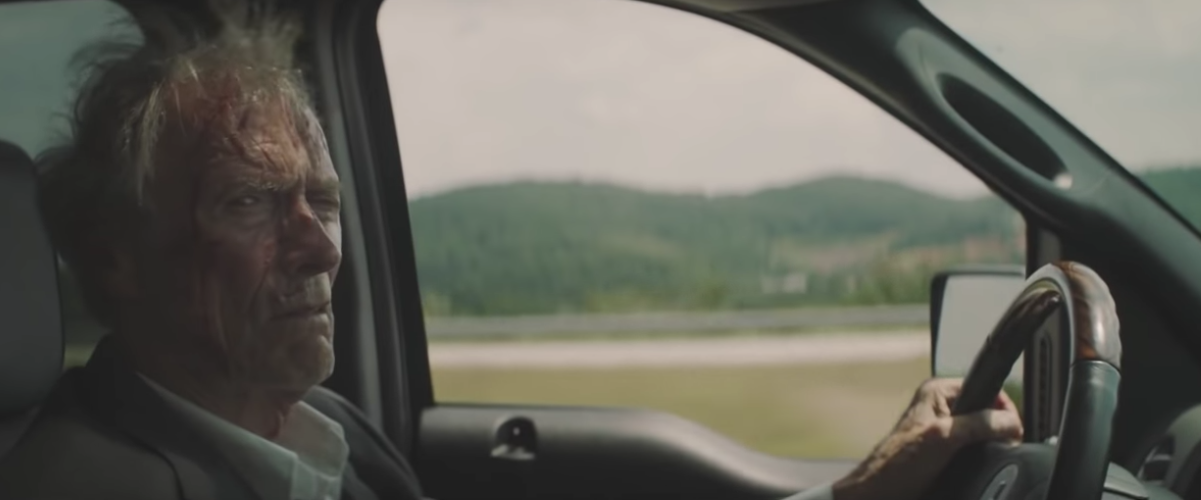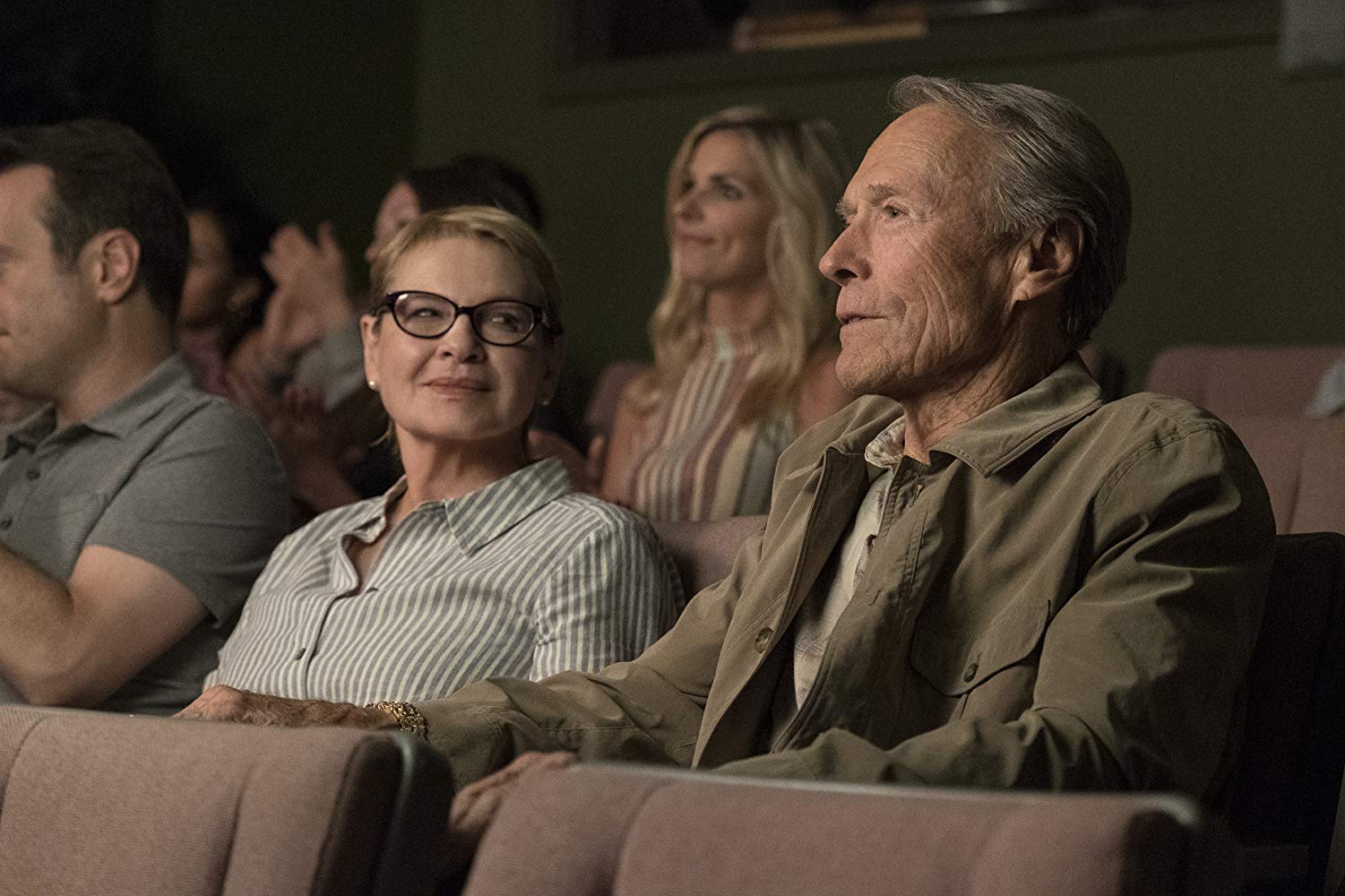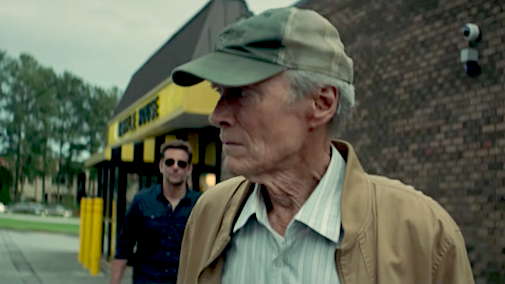Please welcome guest contributor Abe Fried-Tanzer from Movies with Abe. Since we hadn't discussed Clint Eastwood's new movie, he's doing the honor...
 This is not the first time that Clint Eastwood has released a film at the tail end of awards season. That strategy worked wonders in 2014 for American Sniper, which landed major Oscar nominations despite missing out on a number of precursors. A full decade earlier, Million Dollar Baby launched late and managed to overtake the Oscar frontrunner, The Aviator, to win Best Picture. Eastwood may have arrived too late to earn accolades for this effort, which marks his 37th film as director, but he’s sure to earn some fans for his performance.
This is not the first time that Clint Eastwood has released a film at the tail end of awards season. That strategy worked wonders in 2014 for American Sniper, which landed major Oscar nominations despite missing out on a number of precursors. A full decade earlier, Million Dollar Baby launched late and managed to overtake the Oscar frontrunner, The Aviator, to win Best Picture. Eastwood may have arrived too late to earn accolades for this effort, which marks his 37th film as director, but he’s sure to earn some fans for his performance.
The most comparable frame of reference for The Mule is the most recent film that saw Eastwood as an acting Oscar hopeful, 2008’s Gran Torino...

In the latter drama he played the lone white resident of a town that had changed all around him, bringing an influx of Asian immigrants whose presence did not sit well with the old-fashioned Korean war veteran. Eastwood’s Walt Kowalski was a hardened racist who eventually softened up and saw those around him for who they were rather than what they looked like. It was a redemption narrative that many would see, like much of Eastwood’s career, as problematic.
In The Mule, Eastwood is ninety-year-old Earl Stone, a horticulturist who has fallen on hard times. In a flashback that opens the film, Earl is the most popular vendor at a convention that finds him walking the halls and eagerly greeting every person he sees with a smile that's quite unusual for an Eastwood character. It’s jarring to see him as someone so friendly and immediately helpful. He does, however, possess many of the same traits as Walt. His insensitive remarks are casually uttered, as if his age should excuse any notions he has that aren’t particularly modern. Critics of Eastwood, especially those who remember his conversation with an empty chair representing then-President Barack Obama at the 2012 Republican National Convention, will find the same kind of cultural stereotypes prevalent throughout his past work. Earl speaks enough Spanish to communicate with his foreign-born employees, but the dynamic is such that it’s impossible to know if they love and respect him or secretly hate him.

For as social and well-liked as Earl is in horticultural circles, the effort he puts into his craft is entirely instead of any effort or devotion to his family. His ex-wife (Dianne Wiest) detests him, and his daughter (played by Eastwood’s real-life daughter Alison) won’t forgive him for missing her wedding for a work event. His only existing relationship is with his granddaughter (portrayed by the always-excellent Taissa Farmiga), and when he realizes he can’t afford to pay for her wedding, he turns to an unexpected line of work for a nonagenarian – trafficking drugs all across the country. He doesn’t scare easily when he drives into garages patrolled by men with guns – he’s just there because he likes to drive and wants to make some money.
This film is based on a true story, though this representation differs considerably from what actually happened. The creation of Earl’s family is strong, but the film veers off course when it showcases the cartel led by Andy Garcia’s kingpin in Mexico. There, Eastwood seems to give in to the idea that this needs to be a fuller story about an international drug smuggling operation, rather than a portrait of a man trying to make up for past mistakes. Fortunately, the misstep doesn't overwhelm the entire film, and Eastwood realizes that examining Earl as a person is much more appealing than featuring battles for control of the cartel.

As Earl drives across the country with drugs in his trunk, a DEA operation to take down the cartel’s top courier is underway, with Bradley Cooper’s special agent taking the lead. It’s interesting to see Cooper in this role while he’s having an incredible year with his directorial debut, A Star is Born, a project certain to earn him Oscar attention. That Eastwood was originally slated to direct that film is mind-boggling since both the film and its reception would surely have been very different. Cooper feels younger and freer here, reteaming with the American Sniper director who helped him make the transition to true drama, and one of the film’s finest scenes features Earl giving life advice about valuing family to the DEA agent who doesn’t realize he’s sitting across from the man he’s chasing.
The Mule is not a startling instance of cinematic progress, but that’s not what Eastwood has been going for in the later years of his career. What he’s demonstrating is that he’s still got it, and he knows what kind of roles are good for him even if the full product isn’t as compelling as his earlier films. This may not be Eastwood's last film, but if it is, it would be a perfectly fitting way to go out for a man who has lived a long life and learned a good deal, even if he is – proudly – a remnant of another generation. B